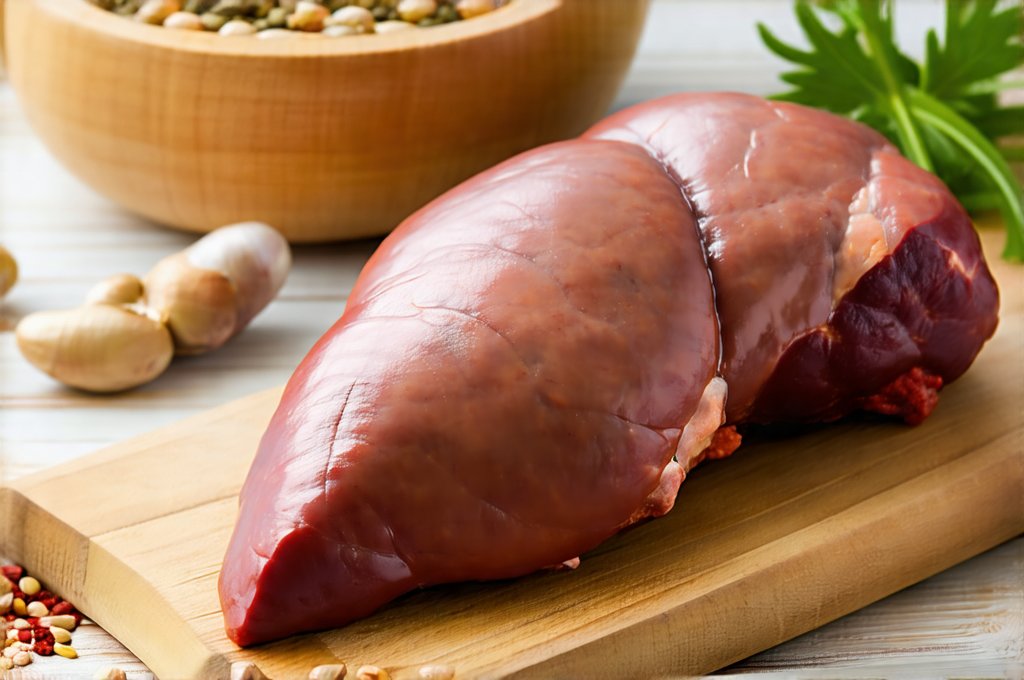Chronic bloating is an incredibly common complaint, affecting millions globally and significantly impacting quality of life. It’s often dismissed as ‘just gas’ or attributed to dietary indiscretions, but persistent bloating can signal underlying issues requiring investigation. The discomfort extends beyond simple physical symptoms; it frequently leads to anxiety, social withdrawal, and a general feeling of unwellness. Understanding the complex interplay between digestive health, liver function, and potential contributing factors is crucial for effective management. It’s important to remember that bloating isn’t usually a condition in itself, but rather a symptom stemming from various sources—making pinpointing the root cause paramount.
The conventional approach often focuses on dietary changes – eliminating gluten, dairy, or FODMAPs – which can be helpful for some, but doesn’t always address the core problem. While digestive issues are frequently to blame, an often-overlooked component is the role of the liver and its detoxification processes. The liver isn’t just a filter; it’s central to digestion, hormone balance, and overall metabolic function. When liver function is compromised or overwhelmed, it can contribute significantly to bloating, even if digestive symptoms are mild. This article will explore the connection between liver health, detoxification pathways, and chronic bloating, offering insights into potential strategies for support and management.
The Liver’s Role in Digestion & Bloating
The liver’s contribution to digestion extends far beyond simply filtering toxins. One of its primary functions is the production of bile, a crucial fluid necessary for fat digestion and absorption. Without adequate bile flow, fats remain undigested, leading to fermentation in the gut – a major contributor to bloating, gas, and abdominal discomfort. This malabsorption can also disrupt nutrient uptake and impact overall health. Furthermore, the liver processes nutrients absorbed from the intestines, converting them into forms the body can use and storing any excess for later. A sluggish or congested liver struggles with these functions, leading to imbalances that manifest as digestive distress.
Beyond bile production, the liver is involved in regulating gut motility – the speed at which food moves through the digestive tract. Impaired liver function can disrupt this process, resulting in either constipation (slowing things down) or diarrhea (speeding things up), both of which can lead to bloating and discomfort. The gut-liver axis—the bidirectional communication pathway between these two organs—is increasingly recognized as vital for overall health. A healthy liver supports a healthy gut microbiome, and vice versa. Disruptions in this axis, often due to factors like poor diet, stress, or toxin exposure, can exacerbate digestive symptoms including bloating. Considering intestinal pressure is also important when addressing chronic issues.
It’s crucial to understand that “liver detox” doesn’t necessarily mean aggressive cleansing diets or supplements. Often, it simply means supporting the liver’s natural detoxification pathways – enabling it to effectively process and eliminate waste products. A chronically overloaded liver becomes less efficient at its vital functions, setting the stage for digestive issues like bloating. This overload can be caused by a variety of factors including excessive alcohol consumption, exposure to environmental toxins, and a diet high in processed foods and sugar.
Supporting Liver Detoxification Pathways
The liver detoxifies in two main phases – Phase I and Phase II. Phase I involves breaking down toxins into less harmful substances, but this process can actually increase toxicity if not efficiently followed by Phase II. Phase II then conjugates these broken-down toxins with other molecules, making them water-soluble for elimination through bile or urine. Supporting both phases is essential for effective detoxification and minimizing bloating.
Here are some ways to support these pathways:
- Nutrient Rich Diet: Focus on consuming foods that support liver function, such as cruciferous vegetables (broccoli, cauliflower, kale), leafy greens, garlic, onions, beets, and lemon. These provide key nutrients like glutathione, sulfur compounds, and antioxidants necessary for both Phase I and Phase II detoxification.
- Hydration: Adequate water intake is vital for flushing out toxins through the kidneys and supporting bile flow. Aim for at least 8 glasses of water per day.
- Minimize Toxin Exposure: Reduce exposure to environmental toxins found in conventional cleaning products, pesticides, plastics, and personal care items. Opt for natural alternatives whenever possible.
Glutathione, often called the “master antioxidant”, is crucial for Phase II detoxification. It’s naturally produced by the liver but can be depleted by factors like stress, poor diet, and toxin exposure. Supplementation may be considered under professional guidance, as absorption can sometimes be challenging. Supporting your body with digestive enzymes can also aid in the digestive process and reduce bloating.
The Impact of Gut Dysbiosis on Liver Health & Bloating
Gut dysbiosis – an imbalance in gut bacteria – is closely linked to both liver health and bloating. An unhealthy gut microbiome can increase intestinal permeability (often referred to as “leaky gut”), allowing toxins and undigested food particles to enter the bloodstream. This puts a significant burden on the liver, forcing it to work harder to detoxify these substances. Moreover, dysbiosis can lead to increased production of gas-producing bacteria, directly contributing to bloating.
The connection is bidirectional; an unhealthy liver can also worsen gut dysbiosis. Impaired bile flow due to poor liver function reduces the ability to effectively digest fats, creating a favorable environment for harmful bacteria to thrive. Addressing gut health alongside liver support is therefore crucial for long-term relief from chronic bloating. This may involve:
- Probiotic-rich foods: Incorporating fermented foods like yogurt (if tolerated), kefir, sauerkraut, and kimchi can help restore gut bacterial balance.
- Prebiotic-rich foods: Feeding beneficial bacteria with prebiotic fibers found in onions, garlic, leeks, asparagus, and bananas promotes a healthier gut microbiome.
- Eliminating inflammatory foods: Reducing intake of processed foods, sugar, and unhealthy fats minimizes inflammation in the gut and supports microbial balance. A food like banana can be a good option for those with digestive sensitivities.
Stress Management & Liver Function
Chronic stress significantly impacts both liver function and digestive health, creating a vicious cycle that can exacerbate bloating. When stressed, the body releases cortisol, a hormone that redirects blood flow away from the digestive system and towards muscles, preparing for “fight or flight.” This slows down digestion, increases intestinal permeability, and disrupts gut microbial balance—all contributing to bloating.
Furthermore, stress directly impacts liver function. Chronic stress can impair the liver’s detoxification pathways, leading to an accumulation of toxins and reduced efficiency in processing nutrients. It also depletes glutathione levels, hindering Phase II detoxification. Managing stress is therefore a vital component of any plan to address chronic bloating. Effective strategies include:
- Mindfulness & Meditation: Regular practice helps reduce cortisol levels and promote relaxation.
- Yoga & Exercise: Physical activity releases endorphins, reduces stress, and improves digestive function.
- Adequate Sleep: Aim for 7-9 hours of quality sleep per night to allow the body to repair and restore itself.
- Stress Reduction Techniques: Identify stressors and implement healthy coping mechanisms such as deep breathing exercises or spending time in nature.
Ultimately, addressing chronic bloating requires a holistic approach that considers the interconnectedness of gut health, liver function, and stress levels. It’s about supporting the body’s natural detoxification processes, restoring microbial balance, and minimizing factors that contribute to inflammation and overwhelm. Remember to consult with a healthcare professional for personalized guidance and to rule out any underlying medical conditions. Acupuncture may also offer support in managing bloating symptoms. Furthermore, consider the role of fiber in your diet.


















